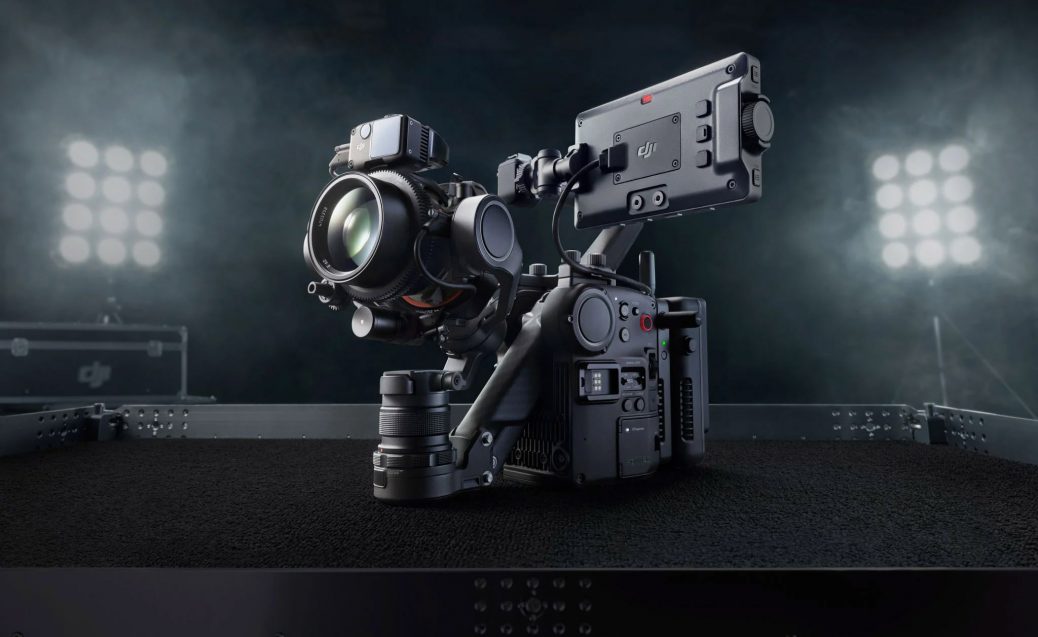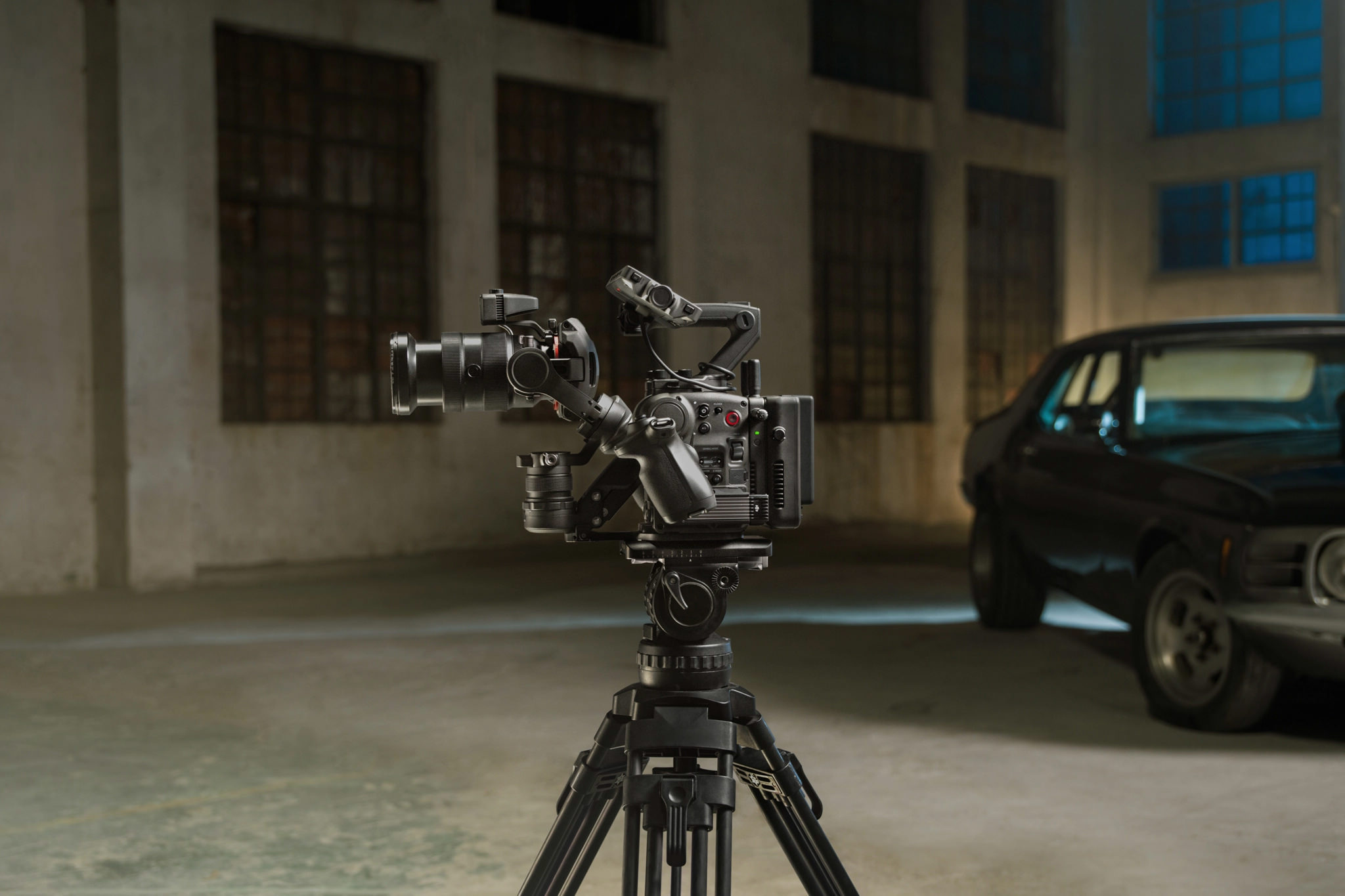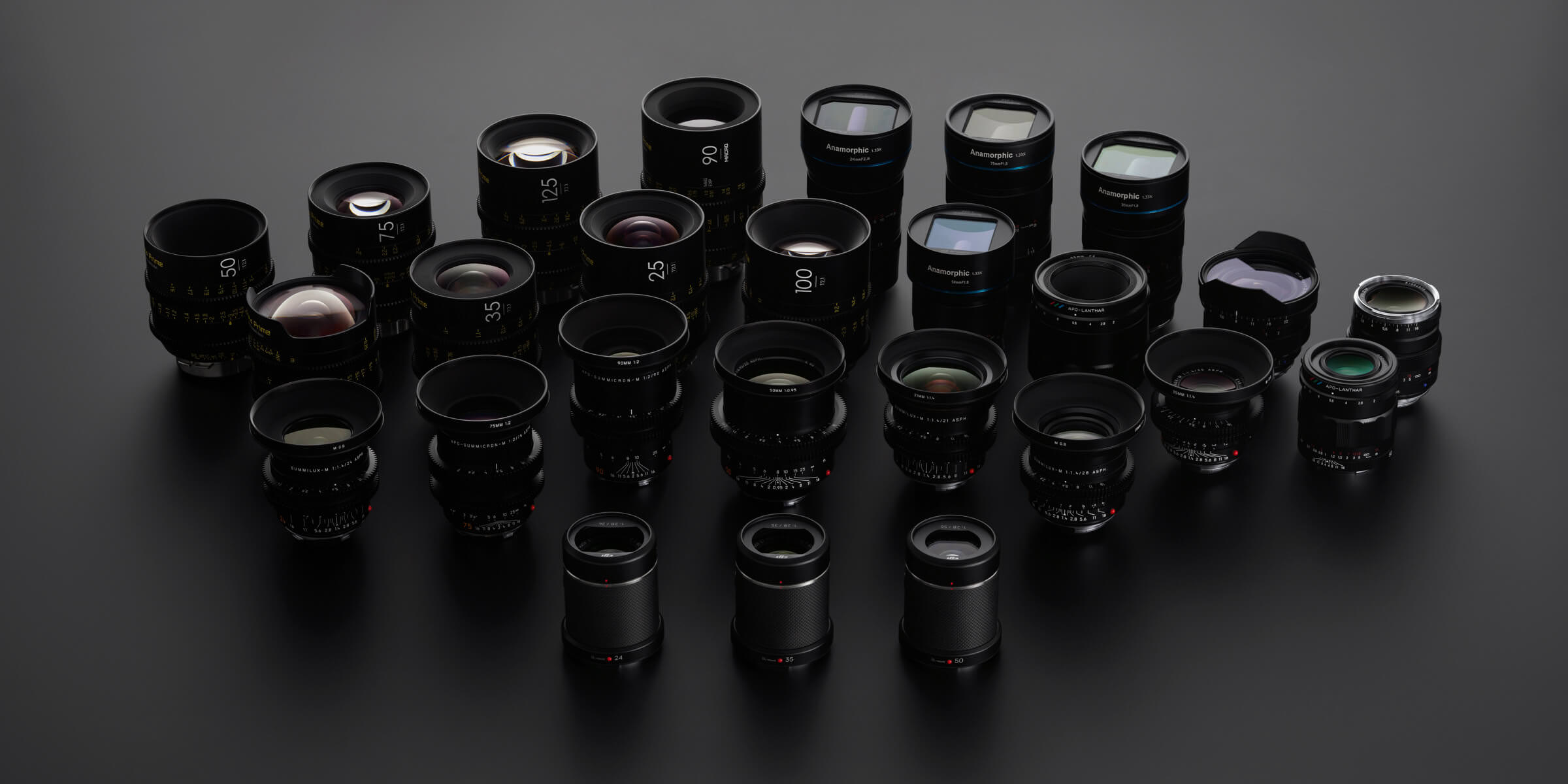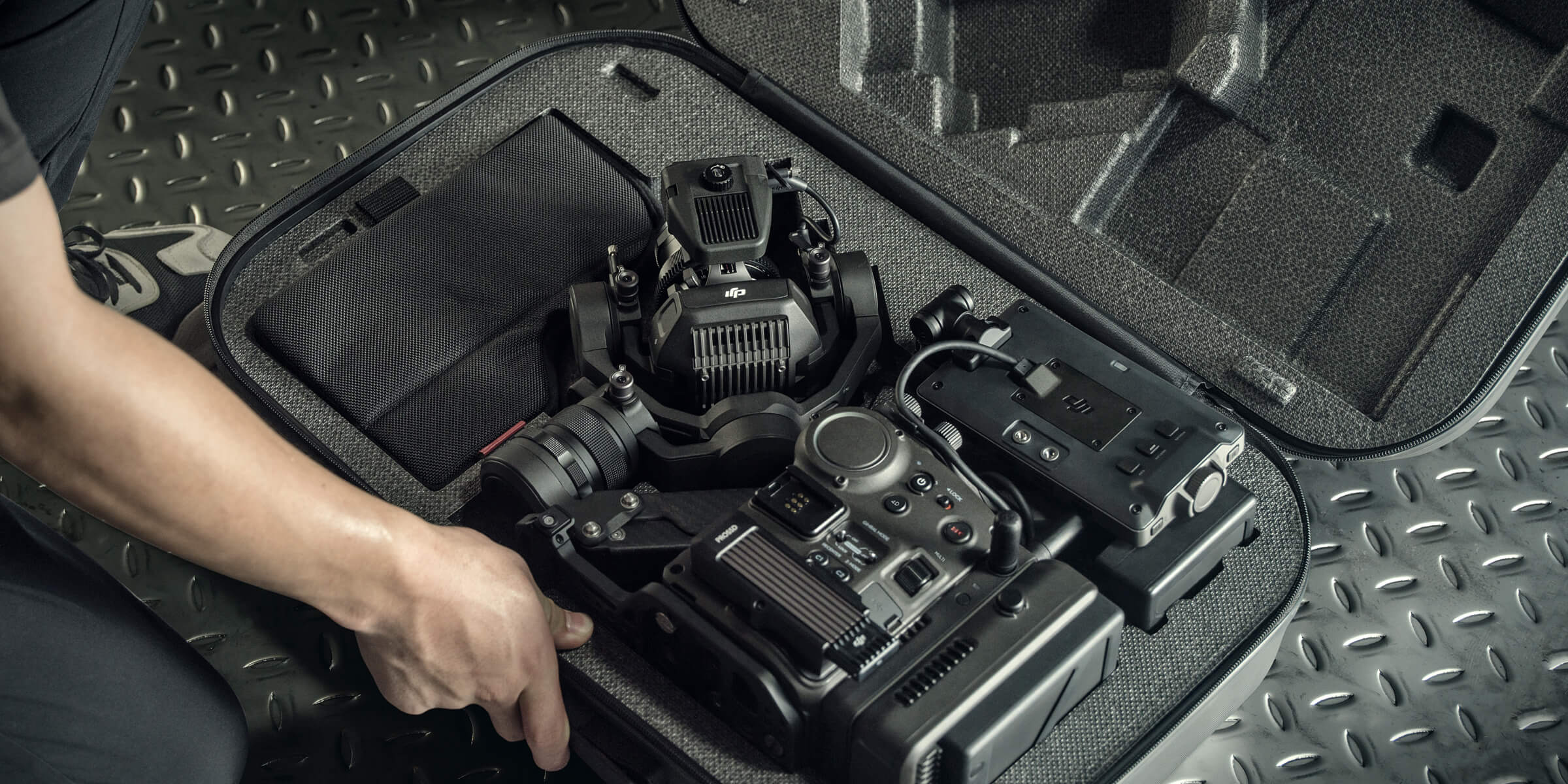Dji Ronin 4D Is the World’s First 4-Axis Cinema Camera
DJI has announced what it is calling the world’s first comprehensive full-frame cinematography camera that features a four-axis stabilization system, LiDAR focusing, and a video transmission and control system integrated into a single unit: the Ronin 4D.
The DJI Ronin 4D attempts to create an integrated cinematography solution, in DJI’s own words. At the heart of the Ronin 4D is CineCore 3.0, a proprietary chipset DJI is calling its most powerful cinematic imaging platform to date. According to DJI, this system can capture internal 8K Raw video with precise color reproduction, advanced assistive functions with a high-performance AI engine, and multi-link monitoring and control with low-latency image processing.
“DJI empowers creators with accessible and intuitive devices to capture and share the world exactly how they see it,” said Paul Pan, DJI Senior Product Line Manager. “With DJI Ronin 4D, we use the power of technology to make cinema-standard production more affordable, cinema cameras more flexible, and cinematic imaging available to a boundless array of filmmakers. DJI Ronin 4D draws on our expertise in both aerial and ground-based cinematic innovations to enable the next generation of professional content creators to amaze and inspire us.”
The core of the new DJI Ronin 4D is the newly developed Zenmuse X9 X9 gimbal system that is available in both 6K and 8K configurations. In addition to the commonly used H.264 codec, both X9-8K and X9-6K can internally record Apple ProRes and ProRes RAW. Zenmuse X9-6K supports up to 6K at 60 frames per second (fps) and 4K at 120fps, and Zenmuse X9-8K can capture up to 8K at 75fps.
The Zenmuse X9 camera is designed exclusively for the Ronin 4D, is a full-frame interchangeable model that can use either DJI’s DL or Leica M lenses (along with other mirrorless lenses via adapters), and comes with no less than nine built-in neutral-density (ND) filters for controlling exposure.
The sensor inside the X9–8K and X9–6K offers dual-native gain and can capture over 14 stops of dynamic range. There are also nine built-in physical ND filters that can be adjusted from ND2 to ND512 for times when you need to reduce the amount of light hitting the sensor. Footage captured with the new Zenmuse X9 camera systems will be processed by DJI’s Cinema Color System, which it says delivers natural skin tones and enables effortless tonal consistency across a project when using different cinema cameras.
DJI Ronin 4D has been designed with an innovative industry-first active Z-axis to eliminate vertical camera shake effectively. This technology allows the operator to shoot while walking, running, or moving around dynamically, with no need to practice pacing or rely on external equipment. Videos taken in complex spaces like stairways or uneven ground are smooth without any trace of the operator’s footsteps. DJI Ronin 4D even captures wide sliding shots easily, without the need for a dolly.
Building on DJI’s years of leadership in aerial and handheld stabilization, DJI Ronin 4D achieves this unprecedented fluidity with an advanced new algorithm that processes inputs from a set of downward ToF sensors, forward and downward dual-visual sensors, built-in IMU, and barometer. Even with the additional Z-axis, DJI Ronin 4D is lighter and smaller than most cinema cameras mounted on a professional three-axis stabilizer, reducing the size and complexity of a professional camera setup into an ideal form that never existed before.
ActiveTrack Pro applies more distinctive DJI technology to get complex, advanced tracking shots easily and efficiently. Based on DJI’s existing ActiveTrack system, the Pro version uses DJI Ronin 4D’s latest artificial intelligence to track subjects from longer distances while adjusting composition to maintain optimal framing.
The Ronin 4D will feature three different autofocus modes: manual focus, autofocus, and an Automated Manual Focus (AMF) mode. The latter two modes use the onboard LiDAR Range Finder, which casts over 43,200 points as far as 10m to locate and track subjects in situations where traditional AF might not work due to the lack of light. The unique AMF mode will track subjects and turn the focus wheel during recording, with the option for the camera operator to jump in and manually pull focus when needed. To help in manual focus and AMF modes, there will be LiDAR Waveform available on the monitor to help cinematographers locate focus points and pull focus with extreme precision.
Once again taking inspiration from its line of drones, DJI has developed an all-new O3 Pro transmission technology that can output 1080p/60fpsd video to remote monitors via the 4D Video Transmitter. DJI says the transmission range is roughly 20,000 feet and notes the video feed is AES 256-bit encrypted for end-to-end privacy. The system uses 2.4GHz and 5.8GHz bands, as well as the DFS frequency band, which DJI says significantly improves stability and anti-interference performance, even in crowded signal environments and locations that feature complex architectural structures.
The Ronin 4D can store footage in three different ways. First, it offers USB SSD storage that can support 4K projects in what DJI refers to as a cost-effective manner. It also supports CFexpress Type-B cards. Finally, the best performance can be had with a DJI proprietary PROSSD, which offers performance, stability, and internal recording at maximum resolution and frame rate. The camera has built-in microphones that support 2-channel 24-bit audio and also includes two 3.5mm headphone jacks on the body as well as two XLR ports on the expansion plate for additional input and output options.
The battery is the same as the one found on the Ronin 2 and the Inspire 2, the TB50 Intelligent Battery which offers up to 2.5 hours of shooting time and is stable even in extreme weather conditions.
The 6K version of the DJI Ronin 4D will be available for $7,199 in December 2021. It will include the main body, a Zenmuse X9–6K gimbal camera, a LiDAR Range Finder, a High-Bright Main Monitor, Hand Grips, a Top Handle, TB50 Intelligent Battery, and a carrying case. The 8K version of the DJI Ronin 4D will be available for $11,499 at a later date and will include the Zenmuse X9–8K Gimbal Camera as well as a PROSSD 1TB. The 4D Video Transmitter, High-Bright Remote Monitor, and DJI PROSSD 1TB will also be available to purchase separately.
More info on DJI’s website.




